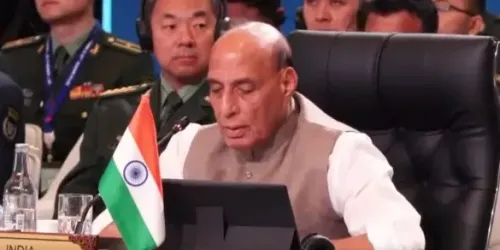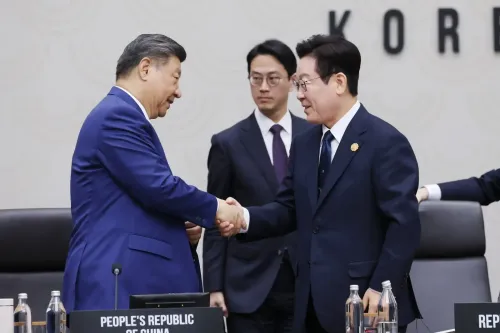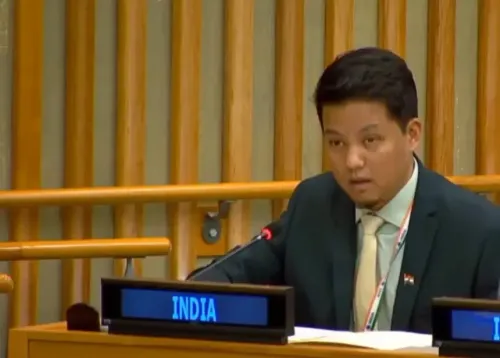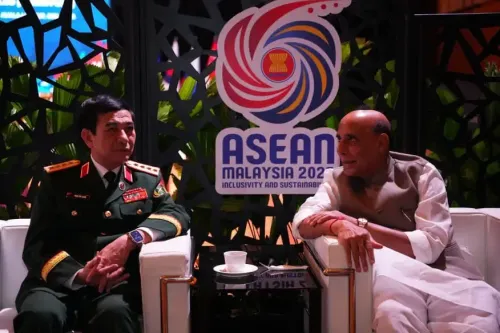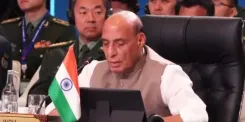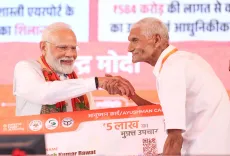Sindh College Educators Stage Protests Over Government Apathy
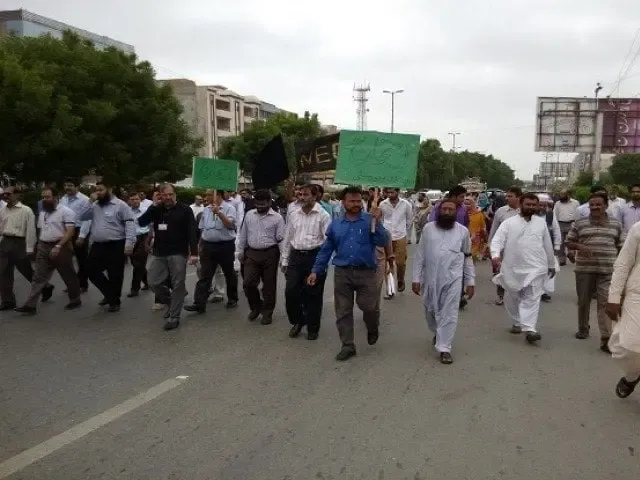
Synopsis
Key Takeaways
- Protests initiated by SPLA against government negligence.
- Demonstrations scheduled in Sukkur, Hyderabad, and Karachi.
- 14 demands focused on improving educator rights and facilities.
- Opposition to bureaucratic appointments as university heads.
- Previous protests over academic autonomy and political interference.
Sindh, April 9 (NationPress) In a significant show of discontent with the Sindh government of Pakistan, the Sindh Professors and Lecturers Association (SPLA) has initiated a protest movement to highlight various challenges faced by college educators. The planned sit-in demonstrations are scheduled for April 15 in Sukkur, April 17 in Hyderabad, and April 22 in Karachi, according to local media reports.
Munawar Abbas, President of SPLA, and Ghulam Mustafa Kaka, Secretary General, along with other leaders, expressed their frustration, stating that college educators in Sindh have been consistently overlooked. They noted that despite multiple formal requests directed to the Minister of Education in Sindh, no action has been taken, which has compelled them to resort to public protests.
The SPLA leaders criticized the provincial government, asserting that while educators at primary and university levels have received upgrades, college teachers have been neglected.
The charter of the protest movement outlines 14 key demands, including the establishment of a five-tier formula for college teachers in Sindh, akin to that in Khyber Pakhtunkhwa, promotion opportunities, and health cards for college staff.
Other significant demands encompass the reconstruction of colleges, the provision of modern digital classrooms, the creation of a permanent transfer and posting policy, and the reinforcement of laws to prevent assaults on educational institutions, as reported by Pakistan’s leading daily, Dawn.
Moreover, the leaders emphasized that the protest movement seeks to secure the rights of college educators and enhance the educational framework.
Previously, protests erupted in universities across Sindh following a standoff between the provincial government and university educators regarding the government's plan to appoint bureaucrats as Vice-Chancellors of public universities. The faculty members argued that such appointments would threaten academic independence and quality while increasing political meddling in universities.
Despite substantial opposition from the academic community, including the Higher Education Commission of Pakistan, the Sindh Assembly proceeded to pass the Sindh Universities and Institutes Law (Amendment) Act, 2025, on February 1. In reaction, university educators swiftly began their protests, boycotting classes and halting academic activities to express their dissent, as highlighted by The Express Tribune.

